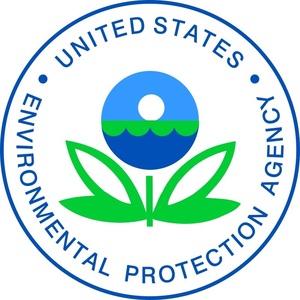EPA holds training on updated process to bring biofuels to market

March 22, 2022
BY Erin Voegele
The U.S. EPA in holding webinars on March 23 and April 6 related to its January 2022 announcement that the agency is launching a new initiative under the Toxic Substances Control Act that aims to streamline the review of new biobased fuels and chemicals that could be used to displace higher greenhouse gas (GHG) emitting fossil-based transportation fuels.
To support the initiative, EPA is offering outreach and training to stakeholders interested in biofuels. As part of a bi-weekly series of webinars, the agency is reviewing TSCA requirements, outlining the streamlined approaches for risk assessments and risk management actions, and providing information on how to navigate the new chemicals premanufacture notice (PMN) process.
The March 23 webinar will focus on new chemical assessments and applications of the tools and models. The April 6 webinar will address new chemicals risk management actions, including TSCA section 5 orders and significant new use rules (SNURs).
Advertisement
Additional information and webinar registration is available on the EPA website.
Advertisement
Related Stories
Keolis Commuter Services, the Massachusetts Bay Transportation Authority’s operations and maintenance partner for the Commuter Rail, has launched an alternative fuel pilot utilizing renewable diesel for some locomotives.
Virgin Australia and Boeing on May 22 released a report by Pollination on the challenges and opportunities of an International Book and Claim system for sustainable aviation fuel (SAF) accounting.
The biodiesel industry has been facing turbulence, but the release of long-overdue policy could course-correct.
The U.S. House of Representatives early on May 22 narrowly passed a reconciliation bill that includes provisions updating and extending the 45Z clean fuel production tax credit. The bill, H.R. 1, will now be considered by the U.S. Senate.
U.S. EPA Administrator Lee Zeldin on May 21 stressed the agency is working “as fast as humanly possible” to finalize a rulemaking setting 2026 RFS RVOs during a hearing held by the U.S. Senate Committee on Environment and Public Works.
Upcoming Events










